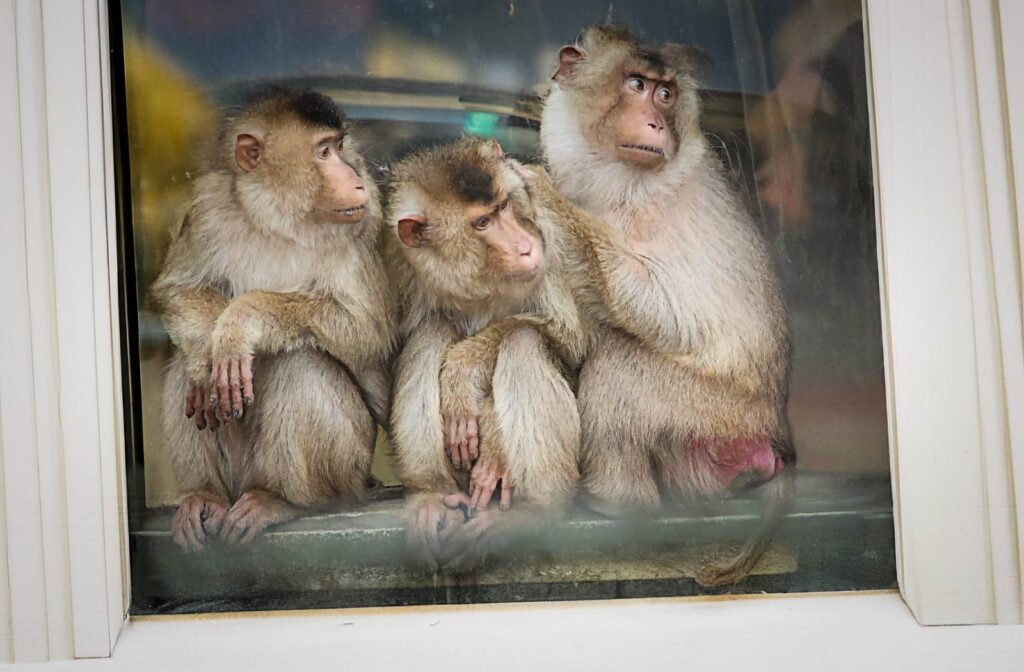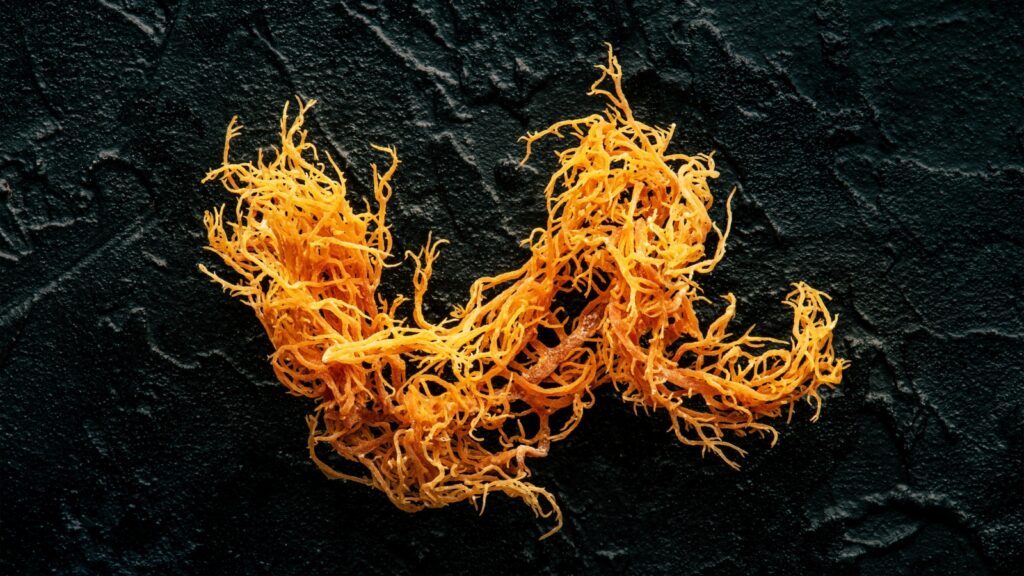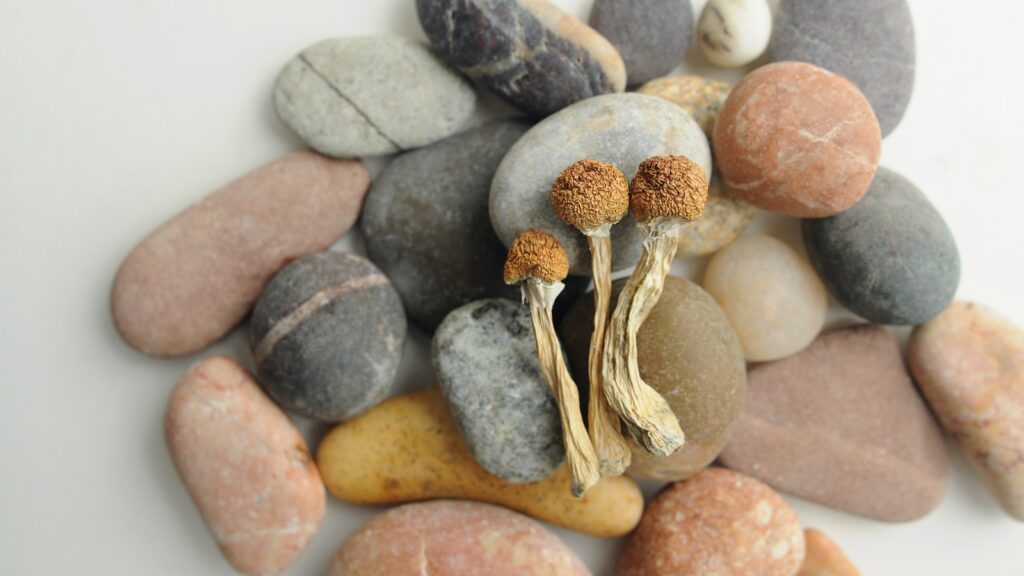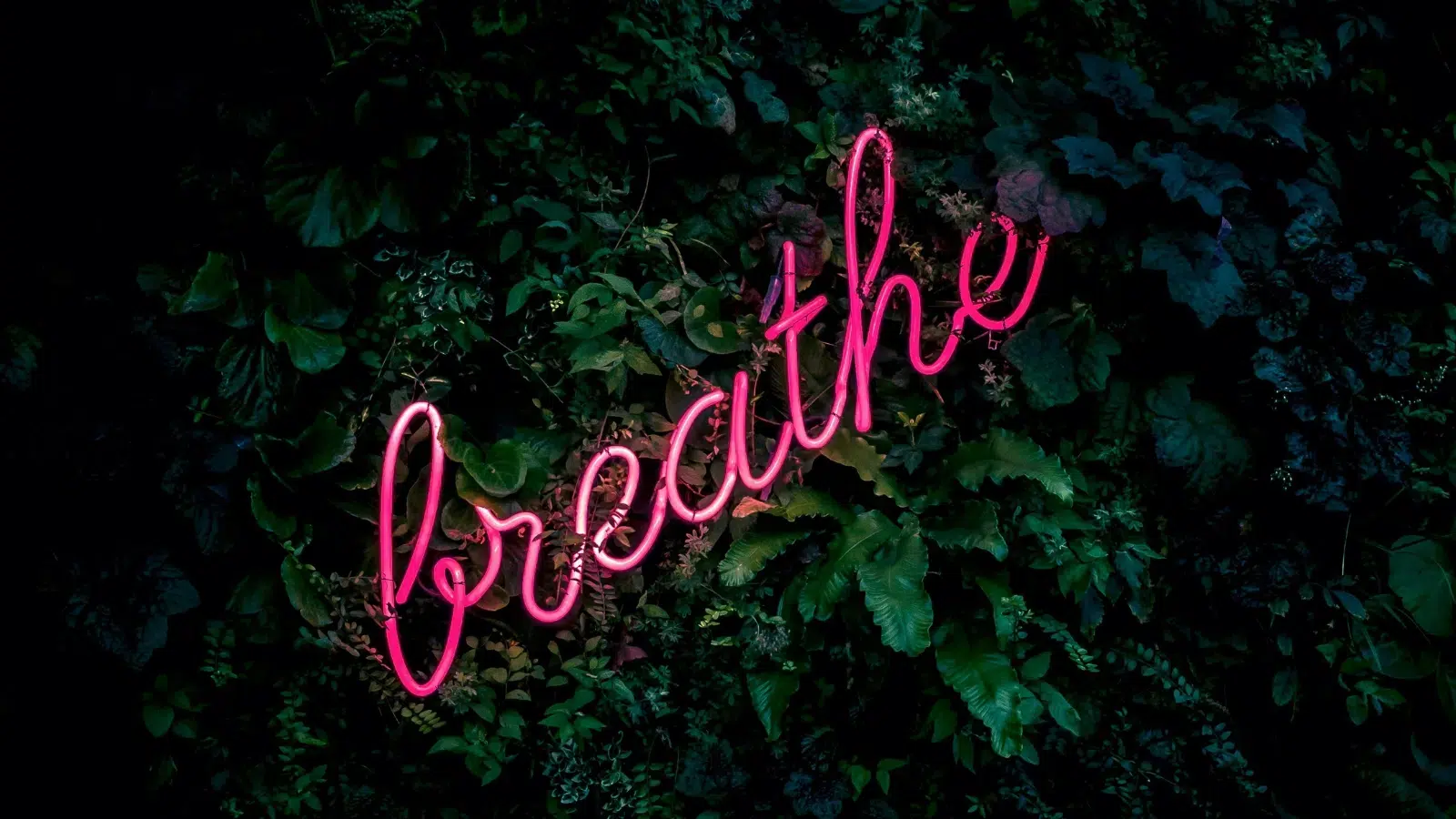As the founder of the Drug Policy Alliance, Ethan Nadelmann has been leading the crusade against the drug war and its absurd policies for over two decades. A vivacious intellectual, his passion for the subject spans further back to his impressive academic career. From McGill to Harvard to Princeton University, his background in international relations and political science led him to examine the U.S. drug war through the lens of criminal justice, both at home and abroad. One of his primary arguments stems from our Constitution: our drug policies, in some regards, violate the basic freedoms outlined in the First Amendment.
As the seminal force in the legalization of marijuana, Nadelmann told us what made that campaign effective. It directed its efforts around the federal government and into the hands of the people, and sought to humanize those who used marijuana for medical purposes. The human element is crucial to remember in all this. Our culture demonizes and sensationalizes drugs on moral grounds to such a degree that we forget we are, in fact, talking about human beings.
Though unethical, the perpetuation of fear-spun narratives by members of the media, politicians and by proxy even scientists, does seem to satisfy a cultural addiction. Take the war on vaping as an example. It has gotten more fanfare than the opioid crisis. Yet which one is killing more people? This a problem of focus.
The current bonanza around vaping illustrates the prohibitionist model in action that has long governed our drug policies, and our failure to consider the unspeakable damage that its underlying ideology has on human beings. Our conversation with Nadelmann began here – the war on vaping – and penetrated deeper to discuss the paradoxical concepts that underlie our drug policies and how marijuana and psychedelics fit into that narrative.
RS: How does the war on vaping fit into the narrative of the drug war?
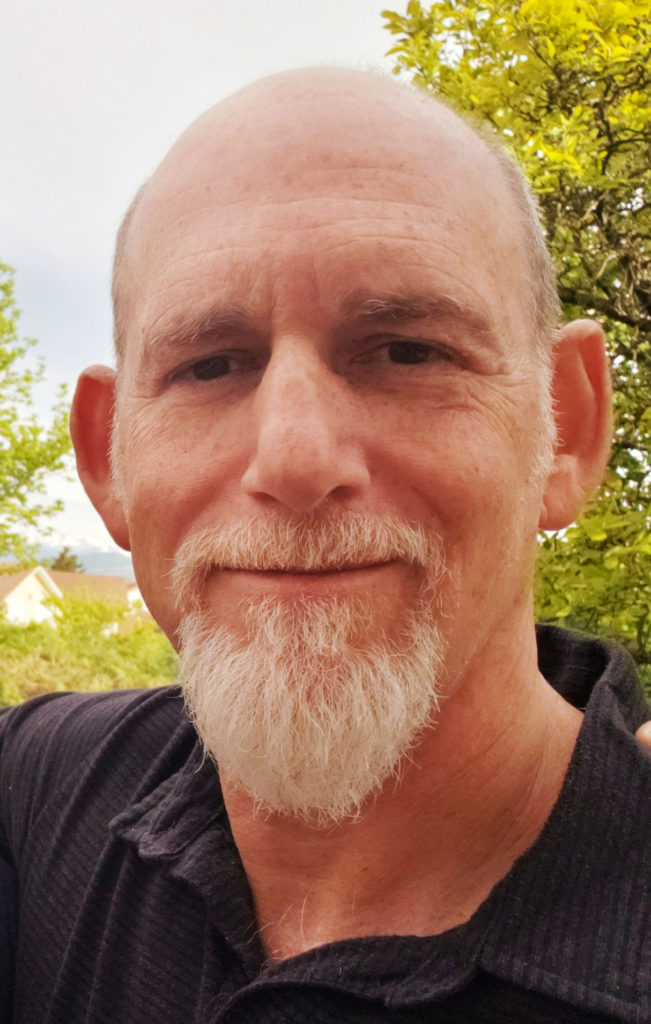
Ethan Nadelmann: It reminds me of what drew me to drug policy reform and the drug wars in the 1980s. The more deeply you look at the scientific evidence about the actual risks and nature of e-cigarettes and other tobacco harm reduction devices and at the policies, what you realize is that public policy should be headed in one direction, which is encouraging harm reduction as much as possible.
While on the other hand, public opinion, politicians and media coverage are all headed in the opposite direction. There’s a large, growing disparity between what the scientific evidence and health and human rights suggest should be the public policy, and where we’re actually going. I think there’s a decent possibility, and growing, that what we’re witnessing with all these bans–on flavored e-cigarettes and sometimes all these cigarettes–may well turn out to be the origins of the next great drug war of the 21st century.
RS: In terms of dismantling the drug war, do you think that we need to change the way research and science are funded?
EN: Ideally, yes. In some respects, even today, trying to do innovative and honest research on illicit drugs, harm reduction, and the range of other drug policy subjects in the United States is like, or was like, trying to do innovative social science research in the old Soviet Union. There are certain questions that the authorities don’t want asked and certain answers that they don’t want to hear.
In pursuing undesirable lines of investigation, one is likely to have one’s proposals sent to reviewers. One’s likely to get one’s research projects rejected on the matter of how credible they are on scientific grounds. One’s less likely to get one’s phone calls returned from people working for the government, less likely to be asked to serve on research review committees by government agencies and to be published in scientific journals. I think we saw that happening with respect to the funding of research on drugs and drug policy in the United States beginning, in a very big way, in the 80s and 90s. It’s not quite as pernicious today but still very clearly present.
Nora Volkow, the longtime head of the National Institute of Drug Abuse (NIDA), was asked why they didn’t do more research into the benefits of medical marijuana or the ways in which various illicit drugs could be used in ways that are not harmful. The answer was “we’re the National Institute on Drug Abuse, not Drug Use.” That’s a really weak argument to make for why one would be curtailing innovative government-funded research. It’s a major problem. NIDA and US federal agencies provide the lion’s share of all research funding on the illicit drugs in the world. So people look to the U.S. as a guide. But we’ve dropped the ball for reasons that have everything to do with politics and nothing to do with advancing science.
RS: What about the lines that are being drawn between these different substances: psychedelics versus other drugs? Do you find that’s part of the problem we’re running up against?
EN: The deeper issue is that there’s this almost irresistible draw towards having one drug scare or another. It’s just that the substances vary over time. We had the craziness around cocaine in the late 19th century with black people. In the early 20th century, we had the craziness around opiates and their association with minorities like Chinese immigrants. It was marijuana with Mexican migrants to Mexican Americans in the first third of the century. We had LSD and other psychedelics with the whole hippie culture of the 1960s.
We had a similar phenomenon with respect to alcohol in the early part of the 20th century. The alcohol prohibition movement was strongly linked to xenophobia and the antagonism towards immigrants coming from Southern Eastern Europe for whom consumption of alcohol was part of their native traditions. So this tendency to have a drug scare sometimes focuses on the new drugs, sometimes on the people who happen to be using that drug. These things just never go away.
There’s a classic article, written some 50 years ago about the glue-sniffing epidemic that came out of Denver. It was basically some odd news story about a few kids who had been sniffing glue. It somehow became a national story. The national story probably did more to excite interest in experimenting with glue-sniffing than anything else. This tendency just seems woven into our culture. Now, it’s almost as if e-cigarette madness has replaced reefer madness.
RS: What do you think it is about our culture in particular that likes to create these dramas?
EN: Deep in our national psyche is some notion that sobriety is a great moral good. It’s not a uniquely American phenomenon. However, it certainly is something that Americans have excelled at in generating moral panics and drug scares with remarkable frequency. Some of it can be traced to our history as a nation of immigrants and the fears around new immigrant groups. That’s part of it.
RS: As you pointed out, it’s not about the drugs, it’s about who is using the drugs…
EN: On the one hand, it’s about targeting the people who use these substances. Drugs have been a very convenient way to advance xenophobia and racism in our society and to keep “deviant social groups” under control.
It’s also true that we have a particular craziness about psychoactive drugs, regardless of who uses them. The enforcement of drug laws is disproportionately targeted at racial and ethnic minorities, especially black people in this country. 10s of millions of white Americans have also been targeted in the drug war. That’s not just about minorities or racism. That’s about a profound, deep-seated fear around what these drugs might do to our kids. Basic, simple notions of science and public health go out the window, and then outrageous statements become acceptable. The way I put it is, it’s all about drugs and it’s not at all about drugs. It’s both of those things. Understanding that interplay is crucial.
RS: What about freedom of consciousness being a First Amendment issue?
EN: This is in some respects a radical statement. But one of the greatest things about the United States of America that’s kept us semi-honest throughout our history has been the Bill of Rights, especially the First Amendment rights to freedom of speech, press, religion, and assembly.
We are willing to go to substantial lengths to protect not just elevated forms of speech, press, religion, and assembly, but even forms that are repugnant to many Americans, because of the greater good of sustaining freedom in this area and placing limits upon how far the government can go in punishing people for engaging in deviant forms of speech, press, religion, and assembly. Now it’s not an absolute right. Similarly, with respect to psychoactive drugs and our right of sovereignty over our own bodies and minds, the optimal policy has to be one that extends a fairly substantial amount of latitude to respect the sovereignty of people over their own minds and bodies when it comes to ingesting various psychoactive drugs.
That has to include the right to consume these things for reasons that are less elevated, for pleasure or enjoyment or relaxation, sometimes even with feeding an addiction. Right now, there may be limits to which we accept this right. But if you look at all the four classic First Amendment freedoms, underlying each one of them is a presumption, which is a freedom of consciousness or control of our minds. In some respects, that includes the freedom to ingest various psychoactive substances so long as we do not directly harm other human beings. It makes a lot of sense to envision a future in which that freedom is incorporated into First Amendment protections.
RS: What does a health-centered drug policy model look like as opposed to a prohibitive one?
EN: It does vary depending upon the substance. With respect to marijuana, we’re moving into something like the alcohol or tobacco control model. We’re allowing access to the substances for adults, setting up regulated systems and essentially allowing an over-the-counter system. Although the interesting question is how that’s actually going to work in the future.
We see a sort of parallel effort with respect to these local and state ballot initiatives involving psychedelic drugs. They’re trying to follow in the footsteps of marijuana reform, at least initially, by directly treating the possession of psychedelics as the lowest law enforcement priority. There’s no one model for proceeding with all of this. With medical marijuana, there’s an argument that if the federal government had been at all honest in terms of approaching this issue and recognized the potential medical benefit of marijuana and funded studies in this area, that marijuana reform would have proceeded in a very different way.
RS: Interesting.
In a way, it was the recalcitrance of the federal government with respect to medical marijuana that ultimately empowered our ballot initiative strategies. If the federal government had been very open about allowing medical marijuana research and people to obtain marijuana for medical purposes? Well, there would have been little need for our ballot initiatives. Paradoxically, it’s quite possible that if the federal government had allowed that back in the 80s and 90s, one would not be seeing marijuana being legalized today. It was the federal government losing its legitimacy with respect to marijuana by constantly repeating that there’s no such thing as medical marijuana that opened up public opinion towards supporting our ballot initiatives at the state level.
RS: What are the similarities and differences between psychedelics and marijuana reform?
EN: There’s still a much greater familiarity with marijuana among the public. Well over 100 million Americans have tried marijuana. A large majority of them know people who have used marijuana, and a significant minority know people have used marijuana for medical purposes. At this point, the familiarity with psychedelics is still much more limited than marijuana is.
One of the great similarities between marijuana reform and psychedelics policy reform is that the medical value of these substances is key. Their both incredibly meritorious in their own terms. The research involving the medical benefits of marijuana and psychedelics is just remarkable. There are reasons why hard scientists find each of these substances absolutely fascinating and why you’re hearing what seem like outrageous claims for the medical benefits of each of these from people who normally don’t make outrageous claims about psychoactive drugs. That’s important, both in its own right, but also in terms of transforming broader public perceptions around these substances.
One of the interesting things we found in one of the public opinion pollings around marijuana a decade or so ago was that people who had no personal familiarity with marijuana, but knew people who used marijuana for medical purposes, were among those who were the most open to legalizing marijuana not just for medical purposes, but for all adult use. There’s something about either reading about or seeing it on TV and knowing people personally who have benefited from these substances that help to transform public opinion.
RS: Do you feel that there’s something missing from the psychedelic conversation?
EN: There’s a lot in the way of psychedelics exceptionalism. There was marijuana exceptionalism, now it’s psychedelics. These are “good” drugs. Whatever we have to say about them doesn’t apply to those “bad” drugs like cocaine, heroin, methamphetamine, right? I said this before, the First Amendment protects not just elevated forms of speech, press, religion, and assembly, but also less elevated forms. The same has to be true with respect to psychoactive drugs. It’s incredibly important for people who are playing a key role in the psychedelic drug area to embrace this broader principle.
RS: This goes back to a previous question – is there any value in categorizing drugs into different categories: psychedelics versus illicit drugs versus marijuana? In the end, if we’re talking about drug policy, aren’t we talking about the same issue?
EN: When it comes to the right of sovereignty over one’s mind and body? Yes. When it comes to the harms of criminalization? Yes, we are. But the fact remains that these substances are quite different. I do think it makes sense to make distinctions from a scientific and public health perspective. I’m much more concerned about making the sorts of distinctions we’ve made in terms of the criminal law and the stigmatization associated with these substances.
I feel it’s important that my use be guided by the actual science about the relative risk of these substances, rather than hysteria or popular misconceptions. I never had a particular interest in nicotine or political sympathy for this substance. On the other hand, I do appreciate that nicotine and tobacco are another one of these plants and drugs. Many people consume it not just because they’re addicted to it, but because they enjoy it. Nicotine may, in fact, turn out to have multiple positive benefits. There’s interesting research about the potential benefits of nicotine.
The challenge here is not to create a drug-free society. Rather the classic harm reduction challenge is figuring out how to live with these substances so that they cause the least possible harm and in some cases, the greatest possible benefit. That’s how we should approach all psychoactive drugs. The particularities of the policies may vary, however, depending upon the nature of this substance–not just which drug but the forms in which it’s made available.
RS: How do you think this is going to look, how will these substances be integrated into our society?
EN: In 2020, Oregon will be a very interesting case study. If all goes well, there will be two initiatives on the ballot in 2020. One of them is spearheaded by the Drug Policy Alliance, which would essentially reduce, and even try to end, criminal sanctions for the possession of small amounts of any illicit drug while directing funds for harm reduction and drug treatments. The other one is a psychedelic reform initiative to reduce some of the criminalization of a psychedelic. If both were able to make the ballot, it’s going to be a fascinating set of campaigns because the two issues will wind up being linked in ways we’ve not yet seen happen so far in the States.

